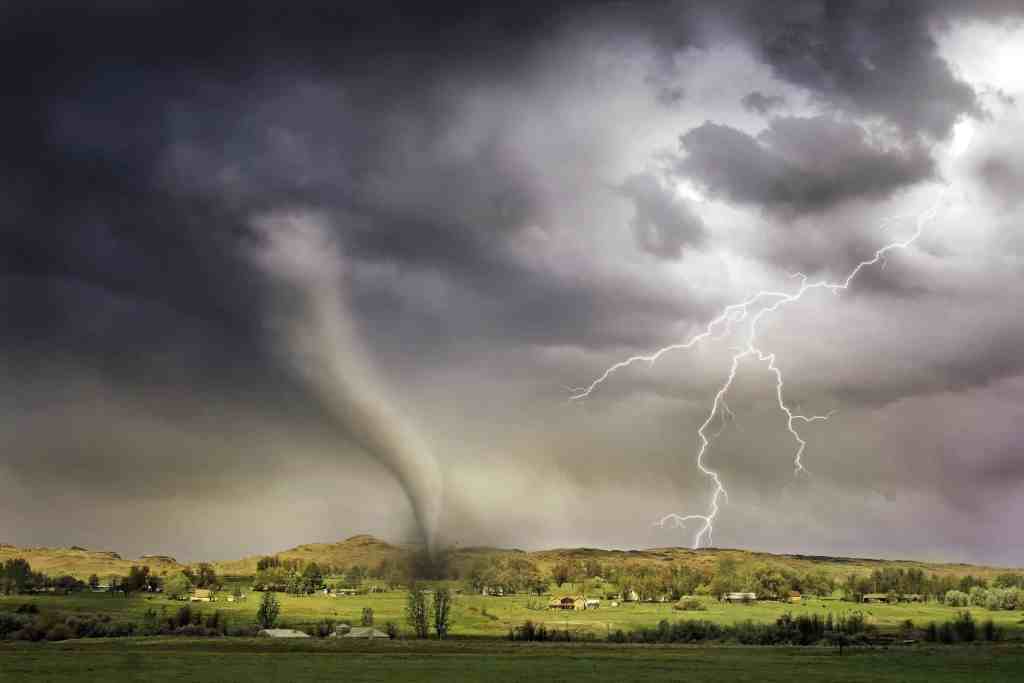We may earn money or products from the companies mentioned in this post. This means if you click on the link and purchase the item, I will receive a small commission at no extra cost to you ... you're just helping re-supply our family's travel fund.
Home emergencies really aren’t the most fun part of owning a home, but as with anything else in life, we have to be responsible adults and keep a close eye on the maintenance in our homes; otherwise, we might be in for an unpleasant surprise. So, what could go wrong, and what are the ways to keep our bank balances and homes safe?
1. Broken Pipes
One of the leading causes of damage to homes is water damage from broken pipes. Often the pipes are broken in DIY incidents or accidents from the children in the household hanging off the pipework at some point. Also, weather-related problems usually happen in the winter if you don’t protect the pipework from the elements.
You can purchase all sorts of pipe covers and safety equipment that will cover the water pipes through the winter. This will, at the very least, reduce the chances of a broken pipe in the colder months. If you have an old house, you’ll need to pay special attention to your pipes as they’re more susceptible to damage in the winter.
Another problem that a plumber might be needed for is the potential for blocked drains. Most houses have adequate plumbing, but sometimes a blocked drain specialist may be required no matter what we do so always keep that in mind.
2. Fire Home Emergencies
It’s drummed into us as children that we shouldn’t play with fire, and there’s a very good reason for this. Statistics show that house fires are a considerable risk to people’s lives. Not only that, but fire departments respond to an average of one house fire every 24 seconds in the United States.
Fire alarms need to be installed at the earliest opportunity and keep them checked regularly as well. A good rule of thumb is to check, at minimum, your carbon monoxide and smoke detectors any time the time changes—in the US that is in the fall and again in the spring when we lose and gain an hour. We recommend going with a combination smoke alarm and carbon monoxide detector.
It’s also a great idea to go over the various escape routes and the things to do in an emergency with everyone in the family (especially the smaller children). Prevention is a crucial route to take with this potential problem.
3. Natural Elements

Depending where you are in the world this one could be very low or very high on the list of priorities. It’s best to get yourself insured as soon as possible and make sure that you have a great comprehensive coverage too, but you will need to make sure you weatherproof your home as best you can. Talk with your insurance agent to see what you are eligible for. In the US, you typically cannot get flood insurance if you are not in a flood plain.
Things to think about:
- Are storm blinds necessary where you are? These are like hurricane shutters, and can be useful even in the Midwest when there are tornadoes.
- Are you able to cover all the valuables if the wind causes you some trouble?
- It’s worth checking the trees and tall, unsecured items in your garden that could cause damage to your property and keep them secured.
Other considerations include securing your home against earthquakes, insect infestations, and mudslides. There are some organizations that provide a free emergency preparation assessment for your home—check with your city hall or utility company if they have any suggestions.
4. Burglary Home Emergencies
It’s really not something we like to think about, but unfortunately, some people look to take advantage of any weaknesses in your home security and try to steal from you when you aren’t at home. The best defence you can get in current times is CCTV, which is closed-circuit television. This is another way to say video surveillance.
You will be able to find a half-decent camera at places such as Amazon. Don’t forget to have a log of all of your most valuable possessions in case the worst should happen. Your homeowners or renters insurance probably provides an app for this—Allstate does.
It also goes without saying that it’s best to secure all doors and windows as best you can to avoid burglars getting into your property. You will also want security lights and padlocks on gates and outbuildings.
Most of these tips are things we sort of already know about. Insurance is usually a requirement when it comes to owning a house. However, you will want to take care to secure your property and make sure you’ve covered all the bases when it comes to accidents and break-ins. We can’t prepare for everything, but the more we do, the less likely we are to have a problem of any kind!

Leave a Reply